Description
Unreinforced masonry building (URM) are rather vulnerable to the influence of stronger earthquake motions. This was confirmed during recent earthquake which hit the capital of Croatia Zagreb on 22nd of March 2020, as well. The most damages were registered on older masonry structures. During great rebuild after the World War II large stock of multi-storey residential buildings, mostly 3 to 6 storeys high, made of unreinforced masonry, were built all over Europe. They are relatively stiff with limited ductile behaviour. Considering composite structure and relatively uncertain material properties seismic evaluation of existing buildings is not simple engineering task. To gain the knowledge about seismic performance of masonry walls experimental tests followed by numerical analysis are considered as a logical solution. The full-scale tests on unreinforced masonry walls were conducted at the Institute for Materials and Structures at the Faculty of Civil Engineering University of Sarajevo. The wall components, full bricks and mortar, were selected in way to match the material properties of existing multi-storey masonry buildings in Sarajevo, as far as it was possible. The buildings were built in 50’s and early 60’s of the last century, with main bearing structure consisting of prefabricated concrete floors and URM walls. The experimental results are used to calibrate engineering masonry model, implemented in nonlinear analysis, conducted after the experimental research. Some interesting conclusions about seismic response of existing unreinforced masonry walls, as well as the need for strengthening of the walls, are discussed.
| Keywords | unreinforced masonry, full brick, earthquake, seismic response |
|---|---|
| DOI | https://doi.org/10.5592/CO/1CroCEE.2021.137 |







